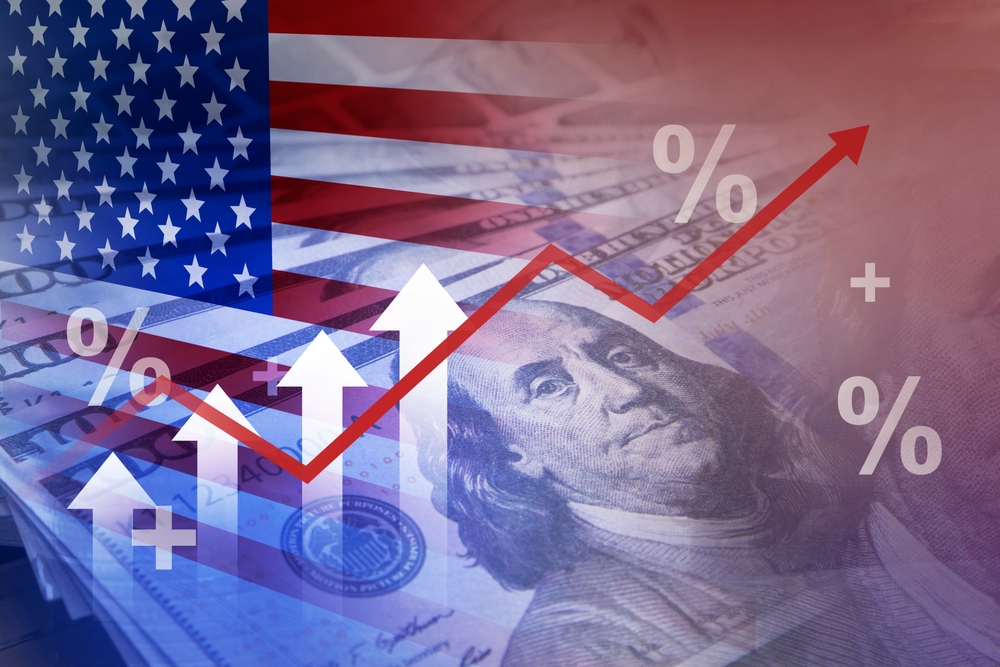It seemed for a little while that the past quarter would be concluded in peace and quiet. In the past summer months, there was a low degree of volatility in the financial markets. Everything seemed to have been lulled to sleep by the central banks. But the collapse of China’s largest property developer, “Evergrande”, triggered a wake-up call among investors worldwide.
How does the current economic and financial situation look at the start of the last quarter of this year, which has been a vintage year so far for investors? And how do we use this in our investment policy?
Of course, there are geopolitical tensions, there is the challenge of climate change, etc., but the near future of our economy and of the financial markets is mainly determined by both monetary and fiscal policies. On top of that, the two are becoming increasingly intertwined.
With regard to monetary policy, divergence is gradually developing between the two main central banks: the FED and the ECB. The US central bank (FED) has indicated that it is gradually phasing out its massive bond-buying programme (USD 120 billion monthly). It is expected to be phased out by the summer of next year. A first rate hike is also expected next year, with interest rates rising to around 1.5% to 2% by 2023, which is still not particularly high.
In Europe, however, there are no interest rate increases yet. These are not expected until 2024, reaching the milestone of a full decade of negative interest rates in Europe… There is only talk of a slight reduction in the similar government bond purchase programme. This divergence in monetary policy will undoubtedly have an impact on the financial markets. For example, it could be a supporting factor for further strengthening of the US dollar. We will, of course, monitor this closely in the coming months.
As far as the tax policy is concerned, there are also some interesting developments.
Let’s start close to home with the elections in Germany. The Greens and the SPD emerged as the winners. However, they do not have a majority together, so they will have to seek an alliance with other parties. What seems certain is an adjustment to the left, which would be welcomed in the rest of Europe. Larger tax incentives in the short term may result from this, which will initially be assessed positively by the financial markets. The big and delicate question remains where the rising sovereign debt will ultimately lead us.
In the United States, it’s money time for Joe Biden’s ambitious plans. He wants to inject USD 5,000 billion into the US economy over the next 10 years. It will soon become clear whether Congress approves these plans. However, if these plans fall through, it will also mean the end of the big fiscal stimulus to which we have become so accustomed. A possible correction in share prices can therefore not be ruled out.
Both stimuli peak together in an increasing surge of inflationary tensions. The debate over whether this is a temporary phenomenon will continue. However, current inflation is undeniable and is gradually causing considerable pain for consumers and businesses. The recent sharp rise in natural gas prices is a good example of this. Inflation therefore remains a camouflaged enemy.
Finally, we would like to emphasise once more that CapitalatWork is an active investor. We do not invest in indexes. We focus on actively selecting assets with attractive and stable cash flows, a strong balance sheet and a sustainable revenue model at an attractive valuation.
“We know what you own.”




